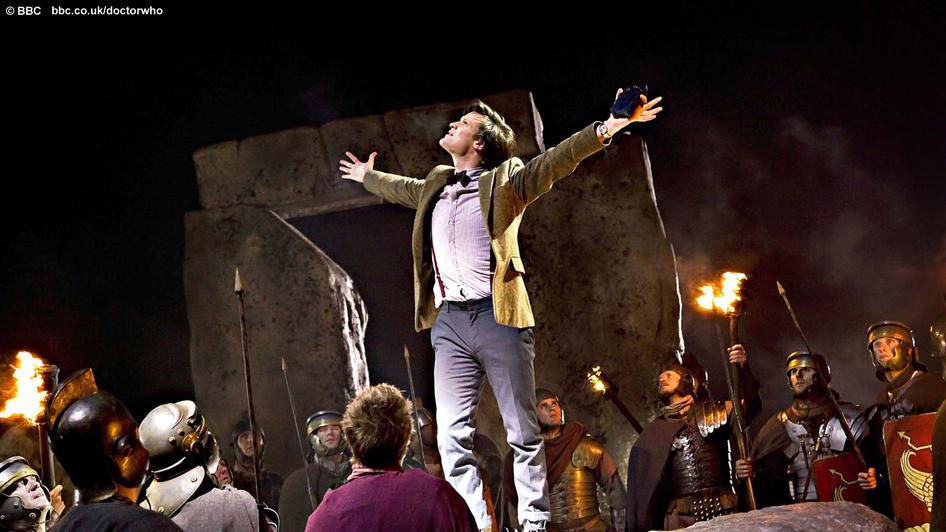Falterfire has already made it clear that you're making the common mistake of confusing abiogenesis with evolution, but I'd also call you out on this bit. It's certainly not the case that 'by definition' science has to be repeatable, or at least not in the naive way you define it. Science is about creating falsifiable hypotheses. There are in fact any number of excellent theories about how life might have originated, and all of them are perfectly scientific, falsifiable theories that don't have to be 'repeatable' in the sense you imply.seiler88 said:By definition science must be repeatable so if life arose via naturalistic means then you should be able to replicate it in a lab. Until then the atheistic theory is just as much of a faith-based position as my theistic one.
My personal favourite abiogenesis theory is that life may have begun in micropores in rocks near geothermal vents - essentially very fine pumice stone. The small pores act almost like ready-made cells, and each one can easily become its own individual cocktail of chemicals. Some of those chemicals may have entered into a self-catalysing cycle and begun to spill over into neighbouring pores, creating competition between the most effective cocktails. Excitingly, the process has been to some extent replicated in the lab, and apparently something remarkably close to the Krebs cycle that forms the basis for all cellular metabolism appeared. (If you want to read more, the first couple of chapters of Nick Lane's 'Life Ascending' give an excellent introduction)
Of course, we'll probably never know what the origin of life *did* look like - and even if we did 'reproduce' it in the lab that wouldn't produce it. But that's not the point. The point is to show that it *could* have happened that way. And of course each one of these theories also makes certain predictions about things we'd expect to see in a biota that arose in that way. In general, people who think 'how could you possibly know that' have no conception of the incredible ingenuity of scientists in coming up with ways to test their theories.
As one further example of this, the same book 'Life Ascending' includes a really interesting discussion of how we can test the two competing theories of how complex eukaryotic cells might have evolved from simpler prokaryotic cells, either by a cell that normally predated on other cells accidentally swallowing a cell that wasn't digested but instead went on to form a useful symbiotic relationship, or by a number of cells forming a symbiotic relationship first and then developing a cell memreane that surrounded them and turned them into a new complex cell. It sounds like the kind of thing that's impossible to test, but some incredibly ingenious experiments backed up with plausible arguments suggest it's the second option that makes most sense.

